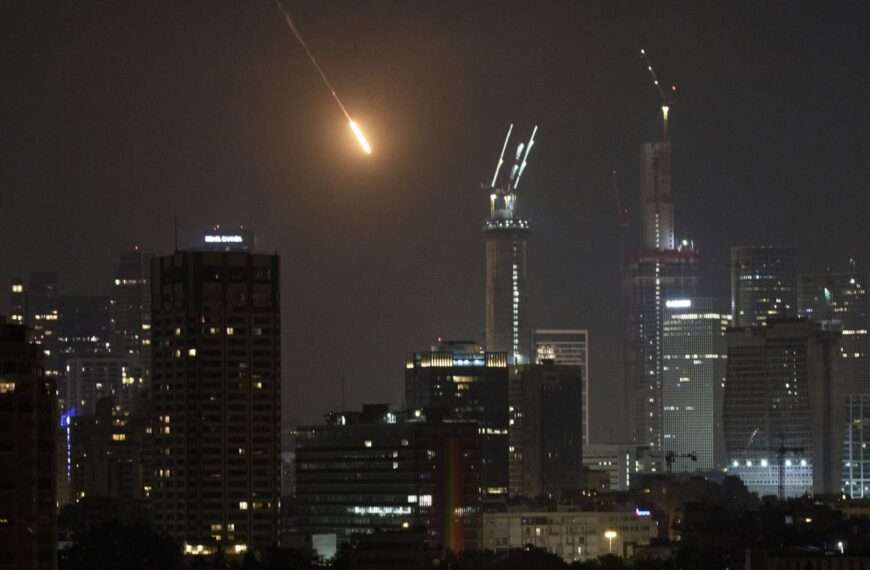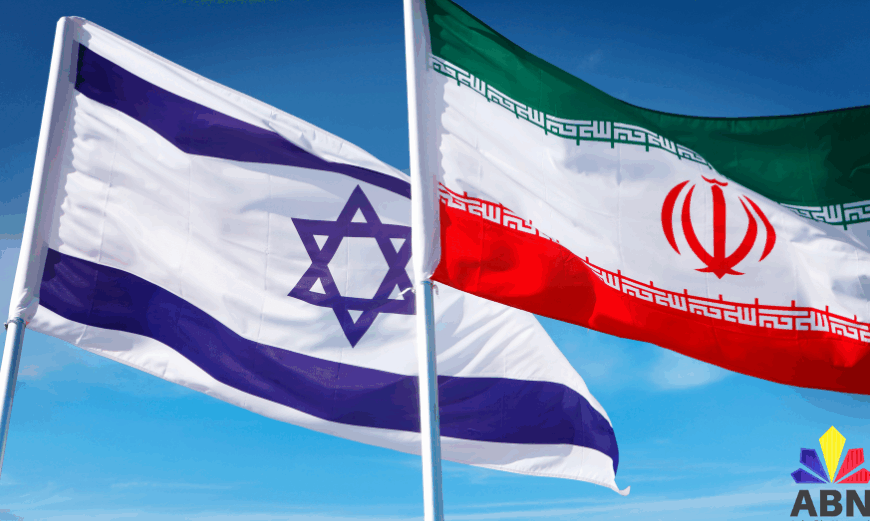Trump fully bans travel from 12 countries over ‘security risks’

WASHINGTON D.C. – President Donald Trump signed a proclamation on Wednesday, June 4, to fully restrict travel to the United States from 12 countries, citing national security risks and concerns over vetting processes. The new policy, which takes effect at 12:01 a.m. on June 9, targets nationals from Afghanistan, Myanmar (Burma), Chad, Republic of the Congo, Equatorial Guinea, Eritrea, Haiti, Iran, Libya, Somalia, Sudan, and Yemen.
Additionally, nationals from seven other countries – Burundi, Cuba, Laos, Sierra Leone, Togo, Turkmenistan, and Venezuela – will face partial travel restrictions under the same proclamation.
White House Deputy Press Secretary Abigail Jackson stated that President Trump is “fulfilling his promise to protect Americans from dangerous foreign actors that want to come to our country and cause us harm.” The proclamation includes exceptions for lawful permanent residents, existing visa holders, certain visa categories, and individuals whose entry serves U.S. national interests.
While the White House linked the expedited signing of the proclamation to the recent antisemitic attack in Boulder, Colorado, officials noted that the ban was under consideration beforehand. President Trump, in a video posted Wednesday, also indicated that the list is subject to revision and new countries could be added “as threats emerge around the world.”
For most countries on the list, the White House cited a mix of high visa overstay rates and political instability. Specific security concerns were also highlighted for some, with Iran and Cuba accused of being “state sponsors of terrorism,” Libya of having a “historical terrorist presence,” and Somalia described as a “terrorist safe haven.” The proclamation also controversially cited “hundreds of thousands of illegal Haitian aliens” entering the U.S. during the Biden administration as a reason for restrictions on Haiti.
This proclamation follows a similar travel ban implemented during Trump’s first term, which targeted seven majority-Muslim nations and was later repealed by President Joe Biden. The new ban has sparked criticism from various groups. Shawn Vandiver, founder of #AfghanEvac, a coalition supporting Afghan resettlement, stated the ban “disproportionately affects families and individuals seeking lawful entry into the US” and called it “a strategic move, not a response to an immediate threat.” Oxfam America’s President and CEO, Abby Maxman, warned that it “marks a chilling return to policies of fear, discrimination, and division,” forcing individuals fleeing war and persecution to remain in dangerous conditions. Venezuela’s Minister of Interior, Justice and Peace, Diosdado Cabello, also publicly dismissed the U.S. as a risky destination.
The travel ban announcement also comes after a U.S. judge temporarily halted deportation proceedings against the family of Mohamed Sabry Soliman, an Egyptian national accused in the Colorado attack. Although Soliman is Egyptian, Egypt is not included on the list of banned countries.













